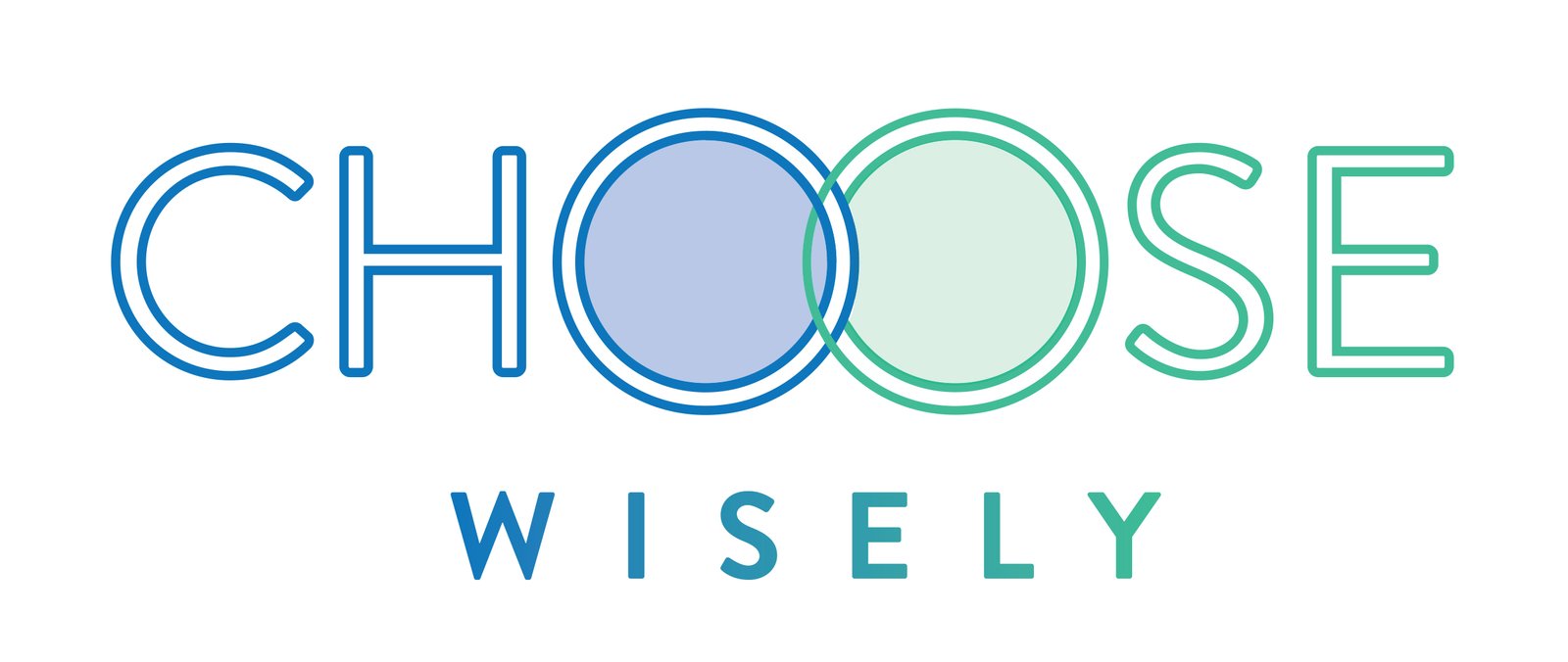
Financial independence is two simple words that hold the power to unlock a world of possibilities. It’s a concept often shrouded in mystery, romanticized as early retirement on a beach with endless margaritas. While that image holds a certain allure, true financial independence goes far deeper. It’s about empowering yourself to live life on your own terms, unchained from the limitations of financial constraints.
But what exactly does that mean?
Financial independence is more than just a buzzword; it’s a powerful concept that can transform your life. Imagine a world where you no longer rely on a paycheck to cover your bills, where your financial decisions are driven by choice rather than necessity. This is the promise of financial independence.
At its core, financial independence means having enough income or wealth to cover living expenses without being dependent on a regular job. It’s about achieving a level of financial security that allows you to pursue your passions, take risks, and live life on your terms.
Achieving financial independence involves living within your means while saving for the future. It’s not about extreme frugality but making intentional choices. For some, this means cutting unnecessary expenses, while for others, it’s about finding a balance between enjoying lives today and securing tomorrow
Beyond Early Retirement:
Financial independence isn’t a one-size-fits-all destination. For some, it’s the freedom to retire early and pursue long-held passions. For others, it’s the flexibility to choose work that aligns with their values, not just pays the bills.
Some considered that financial independence provides the freedom to make choices without financial constraints. Whether you want to travel the world, start a business, or spend more time with loved ones, it’s all within reach when you’re financially independent. The definition is personal, driven by your unique desires and aspirations
Shifting the Focus:
Instead of obsessing over a specific dollar amount, the key lies in understanding your values and priorities. Ask yourself: what brings you joy? What lifestyle feels fulfilling? How much is “enough” for you? By shifting the focus from numbers to purpose, you build a roadmap paved with intention, not just calculations.
Multiple Paths to Freedom:
The journey to financial independence is as diverse as the individuals pursuing it. There’s no single “right” path. Some may choose aggressive saving and investing, aiming for early retirement.
Others might explore side hustles and passive income streams, creating multiple revenue sources. Still others may find contentment in a “coast FI” approach, where a flexible work arrangement and essential expenses covered by passive income provide freedom and peace of mind.
Beyond Individual Gains:
Financial independence isn’t just about personal liberation; it has the potential to impact your community and the world. With financial security comes the ability to support loved ones, donate to causes you care about, or even start ventures that create positive change. Financial independence becomes a springboard for making a bigger difference.
The Tools in Your Toolkit:
Building financial independence requires knowledge and action. Educate yourself on personal finance, investing, and wealth-building strategies. Moreover, track your income and expenses, identifying areas for potential savings. Remember, small, consistent changes can have a significant impact over time. These steps can be defined as below:
- Track Your Finances: Start by understanding your income, expenses, and savings. Use budgeting tools or apps to monitor your financial progress.
- Save Aggressively: Aim to save a significant portion of your income. Automate your savings and invest wisely.
- Reduce Debt: Pay off high-interest debts and avoid unnecessary borrowing.
- Invest Strategically: Diversify your investments, considering stocks, bonds, real estate, and other assets.
- Learn Financial Literacy: Educate yourself about personal finance, investing, and retirement planning.
Additional Considerations:
- Lifestyle inflation:Be mindful of increasing your spending as your income rises. Adjust your budget accordingly to maintain progress towards your goals.
- Unexpected events:Build an emergency fund to cover unexpected expenses and avoid financial setbacks.
- Healthcare costs:Factor in healthcare costs, especially in countries with limited public healthcare systems.
- Taxes:Understand your tax implications and factor them into your financial planning.
- Personal values:Align your financial choices with your values, whether it’s ethical investing, supporting local businesses, or minimizing your environmental impact.
The Journey to Freedom
Financial independence isn’t an overnight achievement. It’s a deliberate journey that requires discipline, patience, and a long-term perspective. As you build your financial fortress, recall that it’s not just about retiring early—it’s about gaining the power to shape your destiny. The path to freedom awaits, go ahead and take it wisely and potentially.
The Times Begins Now:
Don’t wait for the “perfect” moment. Start today, with small, intentional steps. Remember, it’s a marathon, not a sprint. Celebrate your progress, learn from setbacks, and adjust your course as needed. So, take the first step today and envision a life where financial independence is your reality. Most importantly, enjoy the journey!
In a nut shell, financial independence is not a distant dream; it’s a path paved with choices, awareness, and the courage to live life on your own terms. Embrace the present, plan for the future, and unlock the doors to a life filled with freedom, purpose, and endless possibilities.
References
Forbes Advisor: FIRE—Financial Independence, Retire Early
Pearler: What Does Financial Independence Mean?

